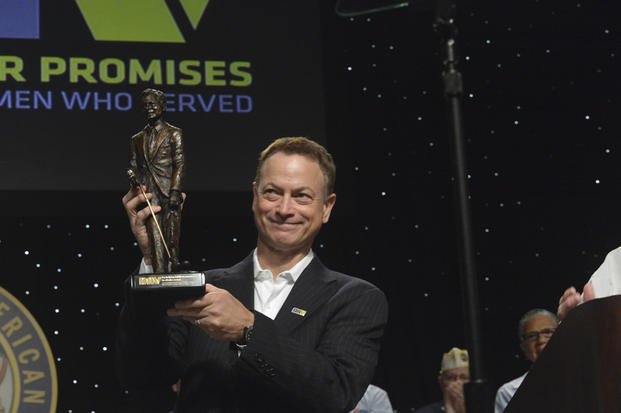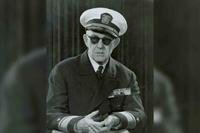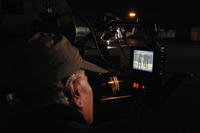Twenty years ago next month a Hollywood production was just getting underway that would show moviegoers something they rarely saw until – and for the most part since – then.
The production was “Forest Gump” and the something was a severely wounded, disabled Vietnam veteran who came home from the war and put his life back together. For members of the Disabled American Veterans, the film vet portrayed by actor Gary Sinise was such a breath of fresh air that they quickly invited him to their national convention to give him an award.
“I went there and it was very moving. I was very moved by it and the whole experience of seeing so many disabled veterans,” Sinise told Military.com during an interview Aug. 11 in Orlando, Fla., where the star of the TV series"CSI: New York" was preparing his band to play before up to 4,000 vets and family members. “I think [“Forest Gump”] was the first time that a Vietnam veteran could be portrayed as somebody who could overcome his injury and become successful.”
Sinise’s role as Lt. Dan Taylor netted him more than a dinner invitation and award from the DAV. That experience made his an advocate for veterans and their families. Years later, with the U.S. engaged in wars in Afghanistan and Iraq, Sinise assembled the “Lt. Dan Band” and have been bringing attention to and raising money for veterans causes ever since; in addition the band has toured the combat theater, bringing its pop, rock, country and – yes – even swing sounds to active duty troops.
“We play for young kids, family members of deployed service people, and families of wounded warriors, and we play veterans organizations – and the DAV has all [ages] of veterans,” he said, “so when we come in ... we even throw in a couple of swing tunes from the ‘40s.”
He also established the Gary Sinise Foundation, of which the band is one part. The group also partners with other organizations and charities to support veterans and their families. He is also the spokesman for the American Veterans Disabled for Life Memorial, which is slated to open next year near the U.S. Capitol.
But at the time the DAV honored him, Sinise was not knowledge about what the organization did, and had not thought much about how Vietnam veterans were perceived or portrayed in film.
The Vietnam vet as damaged goods was not even something that came late in the war. In 1975’s "Looking Away: Hollywood and Vietnam," author Julian Smith observed that “the majority of films about veterans of Vietnam present them as violent drifters, brutalized and threatening figures reflecting (if not created by) unconscious attitudes toward the war and the men who fought it.” Think "Taxi Driver."
It would be great to say that “Lt. Dan” finally and irrevocably changed that view, but a great many movies – even those sympathetic to veterans – would still focus on the Vietnam vet more in shadow than light: "The Deer Hunter," "Rolling Thunder" and the Sylvester Stallone “Rambo” series, for example.
One of the finest post-World War II movies about a veteran recovering from war wounds, Smith pointed out, was “The Best Years of Our Lives,” a 1946 film that cast an actual veteran without hands playing a disabled veteran. The movie depicts Petty Officer 2nd Class Homer Parrish coming to terms with his life as he focuses on what he can do and going on from there. (Army veteran Harold Russell, who had lost both his hands during a training accident in 1944, went on to win the Oscar for Best Supporting Actor.)
“I think [Lt. Dan] was the first time that a Vietnam veteran could be portrayed as somebody who could overcome his injury and move forward and become successful,” Sinise said. “And that’s a different story there. The nice little story of Lieutenant Dan is he’s just somebody who wants to serve, wants to be a good soldier, has that taken away, and goes through despair and hopelessness and everything else, and then comes out on top in the end. And we really hadn’t seen that kind of story about Vietnam veterans, and there are many stories like that.
“But in the movie business we’d only see stories about the guy s who were really troubled, and will continue to be troubled. Not someone who could put it in perspective, move on and be okay.”














